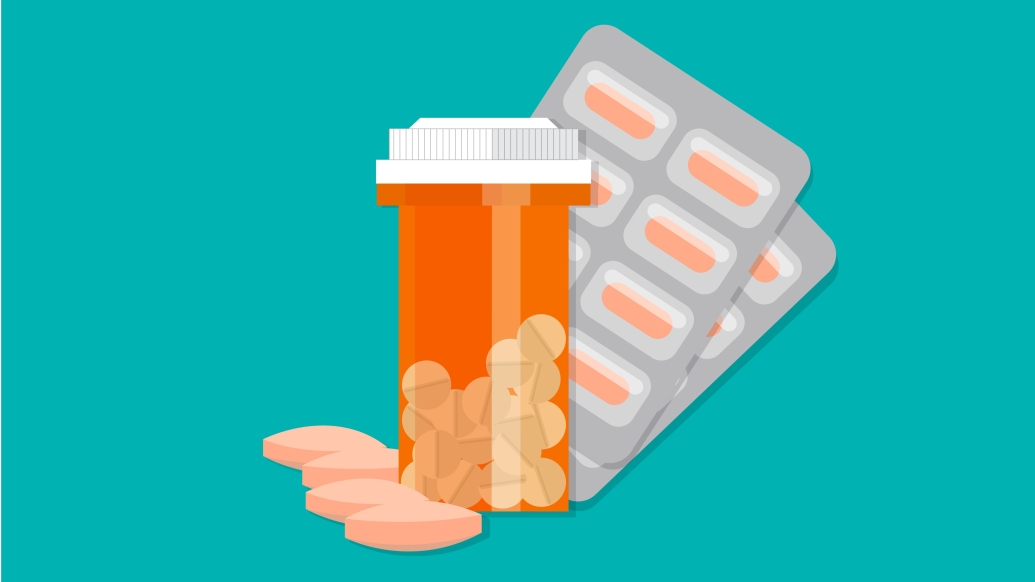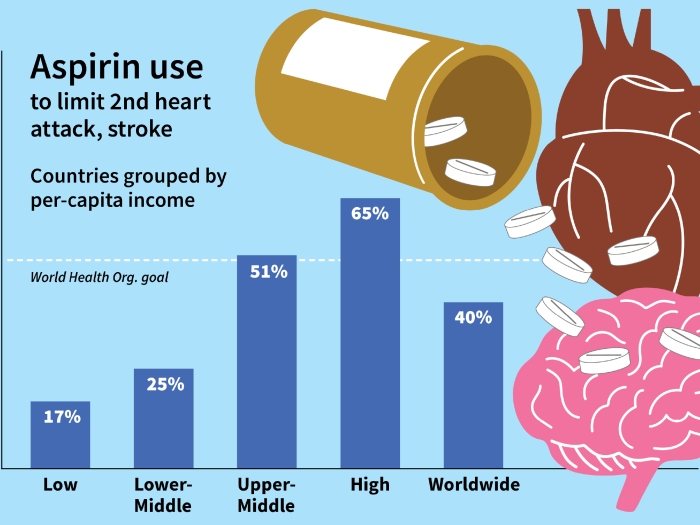A modestly sized clinical trial indicates that PCSK9-inhibitors can help lower cholesterol, even for those who experienced side effects with older drugs.
1:00 PM
Author |

Millions of adults rely on statins to control their cholesterol. Researchers are now paying closer attention to those who've missed out on the drugs' benefits because of intolerances.
In a clinical trial, Goal Achievement After Utilizing an Anti-PCSK9 Antibody in Statin Intolerant Subjects 3, or GAUSS-3, a new class of drugs called PCSK9-inhibitors had a positive impact on treating hyperlipidemia in adults who cannot take statins due to muscle-related side effects.
But the big PCSK9-inhibitor question in the medical community is whether the cholesterol-lowering effect shown by these drugs can translate to fewer cardiovascular events.
"This was a modest trial of about 200-plus patients. It hasn't been powered to look at the end points that we really care about like heart attack, angina, cardiovascular death and stroke," University of Michigan Frankel Cardiovascular Center cardiologist Kim Eagle, M.D., says. Eagle was part of a panel that reviewed the results presented as a late-breaking trial during the American College of Cardiology Scientific Sessions.
What was shown in the initial trial, though, makes PCSK9-inhibitors an attractive option for lowering cholesterol in those who are statin intolerant, Eagle says. The findings are published in JAMA: Journal of the American Medical Association.
It looks to be interesting in terms of this class of agents being very attractive for that large cohort of patients with statin intolerance.Kim Eagle, M.D.
Improvements in mean LDL cholesterol
Statins have a long track record of lowering cholesterol and reducing cardiovascular events. But a reported 5 to 20 percent of patients cannot tolerate them because of muscle-related side effects, including muscle aches and spasms.
In the trial in patients with statin intolerance due to muscle-related adverse effects, the high-profile PCSK9 drug evolocumab (Repatha) cut mean LDL cholesterol significantly further than ezetimibe, a well-known cholesterol drug, over 24 weeks.
Evolocumab is designed to bind to PCSK9 and inhibit the protein from binding to LDL receptors on the liver surface. In the absence of PCSK9, there are more LDL receptors on the surface of the liver to remove LDL-C from the blood. In contrast, statins slow down production of cholesterol in the liver by blocking the enzyme that creates cholesterol.
Study participants with confirmed statin intolerance started with a mean LDL-C of 219.9. That number dropped by more than 54.5 percent for the study group taking evolocumab, compared to a 31.2 percent reduction in the ezetimibe group.
Muscle symptoms were reported in 28.8 percent of ezetimibe-treated patients and 20.7 percent of evolocumab-treated patients.
One patient, representing less than 1 percent of those taking evolocumab in the trial, had to stop taking the medicine because of muscle symptoms compared to 6.8 percent of ezetimibe-treated patients.
"It looks to be interesting in terms of this class of agents being very attractive for that large cohort of patients with statin intolerance," Eagle says.
Up next, the drug developer Amgen is sponsoring a large cardiovascular outcomes trial to examine the impact of PCSK9 on cardiac events. Results of that study are expected no later than 2017.

Explore a variety of health care news & stories by visiting the Health Lab home page for more articles.

Department of Communication at Michigan Medicine
Want top health & research news weekly? Sign up for Health Lab’s newsletters today!





